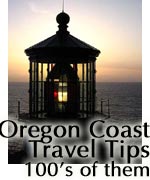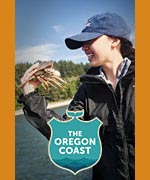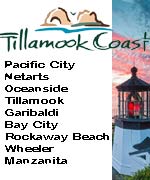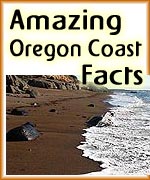 |
Harbor Porpoise Washes Up on N. Oregon Coast Beach
Published 03/22/2013

(Seaside, Oregon) – Staff from Seaside Aquarium responded to a deceased porpoise washing up on the beach of the north Oregon coast town Friday morning, a fairly common occurrence on these beaches but still a somewhat puzzling incident. (Photos courtesy Tiffany Boothe, Seaside Aquarium)
Seaside Aquarium's Tiffany Boothe said it was a harbor porpoise, a male, and four and a half feet long. It showed up just north of the 12th Ave access.
“We do not know the cause of death, however,” Boothe said. “The animal has been taken up to Portland State University for further examination.”
Among the respondents were aquarium manager Keith Chandler and Dalin D'Alessandro of the Marine Mammal Stranding Network at Portland State University. Part of the response included looking for any obvious signs of death, taking general measurements and GPS readings.
Among the reasons for the Marine Mammal Network's response to these situations is the scientific exploration of what happens when these creatures wash up and how they died, but also because marine mammals can carry diseases which are transmittable to both humans and animals. It's important to pick the carcasses up off the beaches.
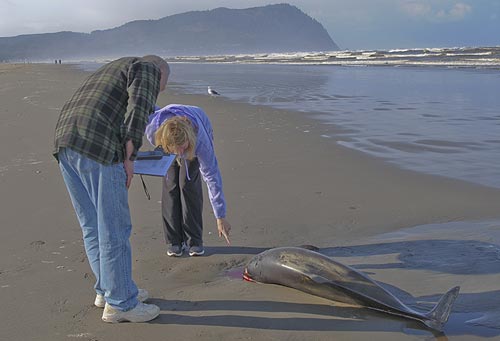
“Harbor porpoises are the most commonly seen cetacean on the Oregon coast,” Boothe said. “On calm days, harbor porpoises can often be seen feeding in the Seaside Cove. Commonly traveling alone or in pairs, when ocean conditions are 'just right' they can form much larger aggregations of 100 or more.”
They are often mistaken for dolphins when seen swimming offshore, or even when stranding as in this case.
They live in the waters of the Pacific from southern California to Alaska, and they are the smallest cetacean (meaning of the whale family) seen along the Oregon coast.
The average weight is around 190 pounds. They live on a diet of squid and small, smooth-skinned fishes such as herring, pollock, anchovies, and sardines.
Compared to most other cetaceans, harbor porpoises are short-lived, with an average lifespan of 12-13 years. Only a few survive longer than 25 years.
Harbor porpoises have a comparatively short lifespan to other cetaceans, usually only about 12 to 13 years.
As part of the Marine Mammal Stranding Network, the Seaside Aquarium's coverage range is from Tillamook Bay up to Longview, Washington, which would include dealing with incidents in towns like Barview, Rockaway Beach, Manzanita, Cannon Beach, Gearhart and Warrenton. In that range, Chandler said they see about 25 harbor porpoises wash up per year, but about double the amount of seals and sea lions in any given year.
“To report a marine mammal (dead or alive) call the Seaside Aquarium at (503) 738-6211 - and please for the safety of yourself and your pets keep a safe distance,” Boothe said.
More photos of Seaside below, including the Seaside Virtual Tour.

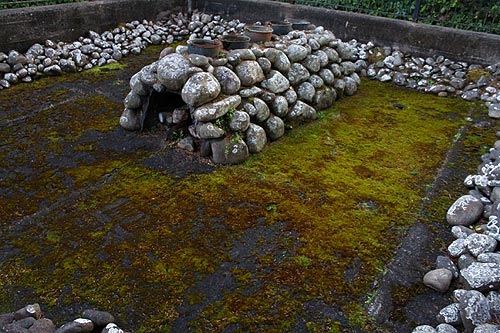
More About Seaside, lodging.....
More About Oregon Coast Restaurants, Dining.....
 |
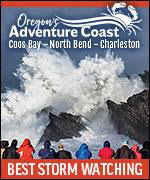 |
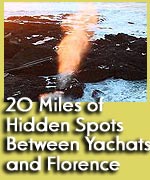 |
LATEST Related Oregon Coast Articles
Oregon Coast Spring Break? Bring the Rain and Beach Hazards (But Record Temps... |
Back to Oregon Coast
Contact Advertise on BeachConnection.net
All Content, unless otherwise attributed, copyright BeachConnection.net Unauthorized use or publication is not permitted
Secrets of the Season |
Unusual Travel Articles TravelParanormal.com allows you to submit your own creepy tale or debunk one - or see up-to-the-minute news headlines about travel and the paranormal. News Headlines from All Over Oregon Need to scan Oregon headlines? Constantly updated news from all over Oregon: a comprehensive, up-to-the-minute display of news headlines from a variety of media |









